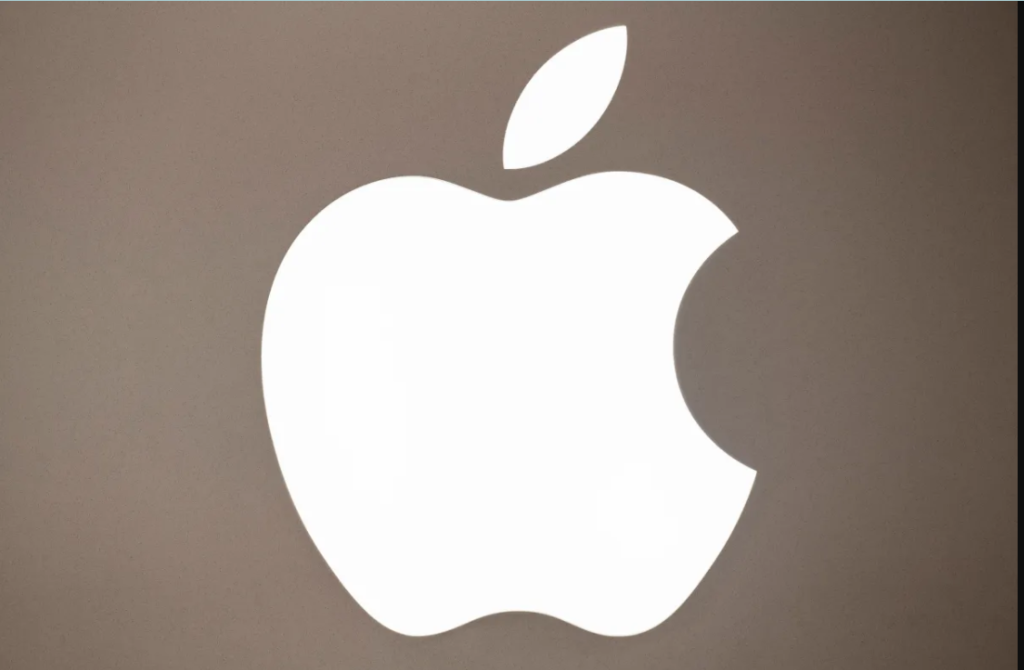Apple has taken a significant step toward advancing artificial intelligence infrastructure by joining the Ultra Accelerator Link (UALink) Consortium. This initiative, which includes major players like Alibaba and Synopsys, aims to develop UALink, an open standard designed to enhance communication between AI accelerator chips in data centers. By participating in this consortium, Apple seeks to address critical connectivity challenges and further expand its capabilities in the growing field of AI.

Apple’s director of platform architecture, Becky Loop, emphasized the importance of this collaboration:
“UALink shows great promise in tackling connectivity challenges and unlocking new opportunities to meet the growing demands of AI. Apple has a long history of pioneering and collaborating on innovations that drive our industry forward, and we’re excited to join the UALink board of directors.”
UALink: Redefining AI Infrastructure
UALink is set to become a cornerstone for the next generation of AI infrastructure. The standard aims to seamlessly link various types of accelerator chips, from traditional GPUs to custom-designed solutions, improving their ability to train, fine-tune, and execute AI models at scale.
Inspired by technologies like AMD’s Infinity Fabric, UALink promotes openness and interoperability, which are crucial for ensuring industry-wide adoption. The consortium plans to launch the first UALink-enabled products within the next few years, promising substantial improvements in the speed and efficiency of AI operations.
Apple’s Strategic Role
Apple’s participation in UALink aligns with its increasing investments in AI, particularly through its Apple Intelligence platform. As the company strengthens its infrastructure, it is also reportedly working on a new server chip to enhance the efficiency of its AI data centers, as reported by The Wall Street Journal.
This investment reflects Apple’s recognition of the growing demands of AI-driven applications. With features like personalized recommendations and AI-summarized news alerts, Apple Intelligence is an integral part of the company’s ecosystem. However, these capabilities have not been without their challenges, as seen in recent updates addressing inaccurate news headlines.
Competition and Industry Dynamics
Despite the consortium’s strong membership, Nvidia—the leading producer of AI accelerator chips—is notably absent. Nvidia has opted to rely on its proprietary NVLink technology, which already dominates high-speed interconnect solutions in data centers.
Still, UALink has drawn an impressive roster of members, including Intel, AMD, Google, AWS, Microsoft, and Meta. By fostering collaboration and adopting open standards, UALink is positioning itself as a competitive alternative to proprietary technologies, ensuring broader adoption and interoperability in the AI industry.
The Road Ahead for Apple and UALink
Apple’s involvement in the UALink Consortium signals its commitment to shaping the future of AI infrastructure. The company’s efforts to enhance connectivity between AI accelerators will not only improve its internal capabilities but also contribute to the broader AI ecosystem.
As the first UALink-enabled products are developed and deployed, they are expected to transform AI data centers by enabling faster model training and more efficient operations. For Apple, this represents an opportunity to extend its leadership in innovation while addressing the growing complexities of AI.
In a rapidly evolving competitive landscape, Apple’s collaboration within UALink could prove pivotal. By supporting open standards, the company is helping to drive a more accessible and interconnected AI infrastructure, paving the way for groundbreaking advancements in artificial intelligence.
Apple’s foray into UALink is more than just a strategic move—it’s a declaration of its intent to lead in the AI-driven future. Whether through its contributions to industry standards or its proprietary innovations, Apple is positioning itself to play a key role in shaping how AI will operate and evolve in the years to come.